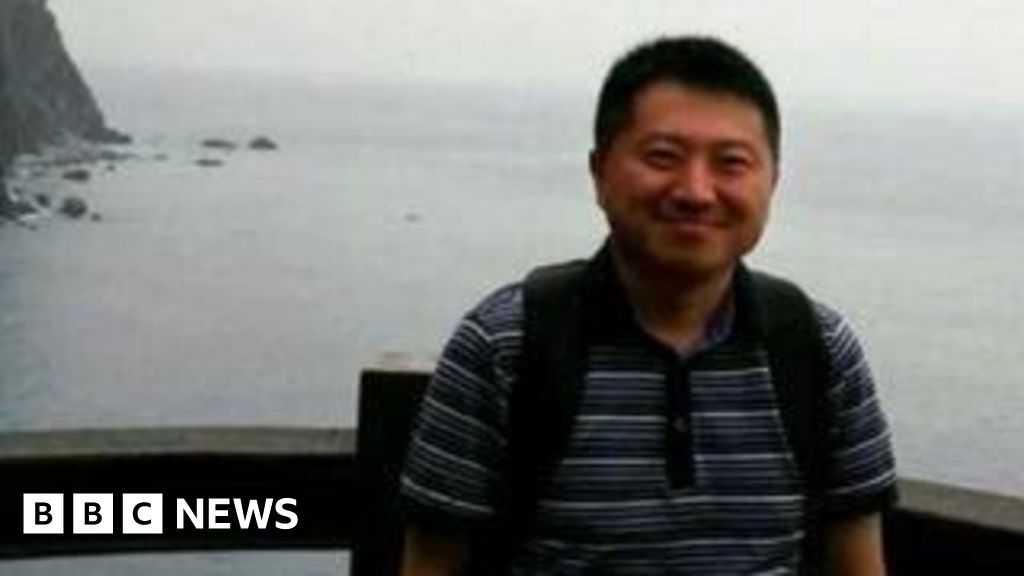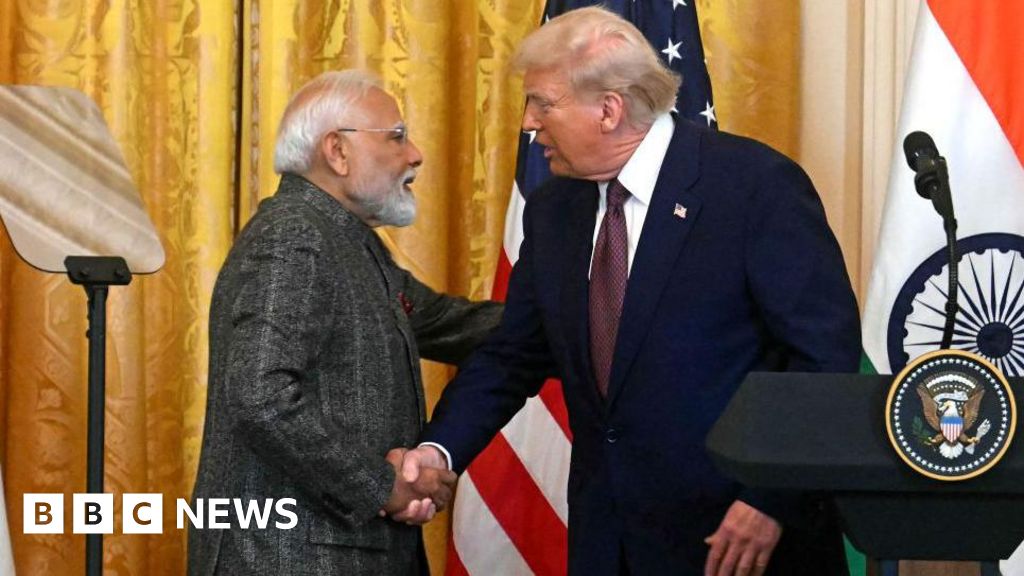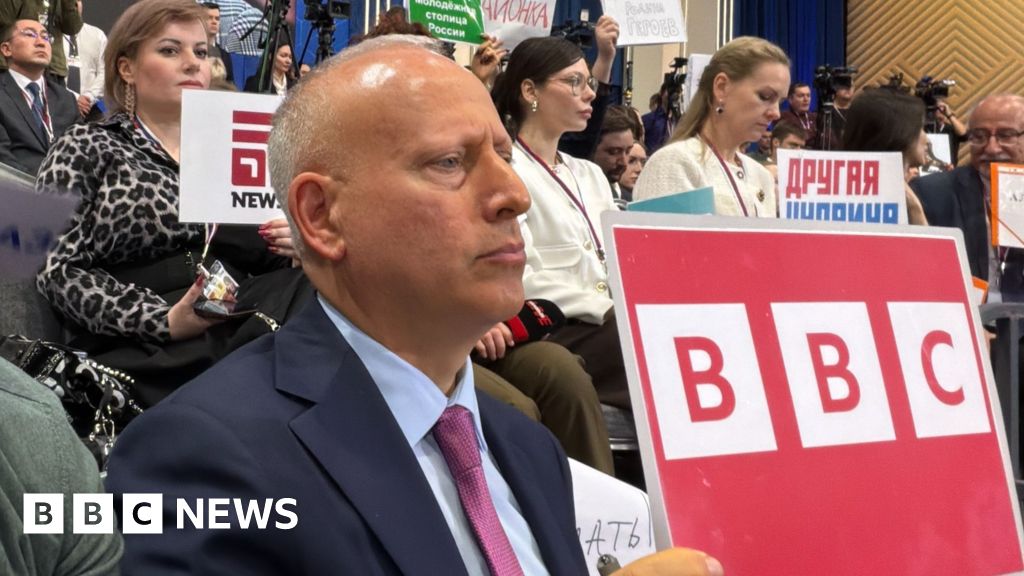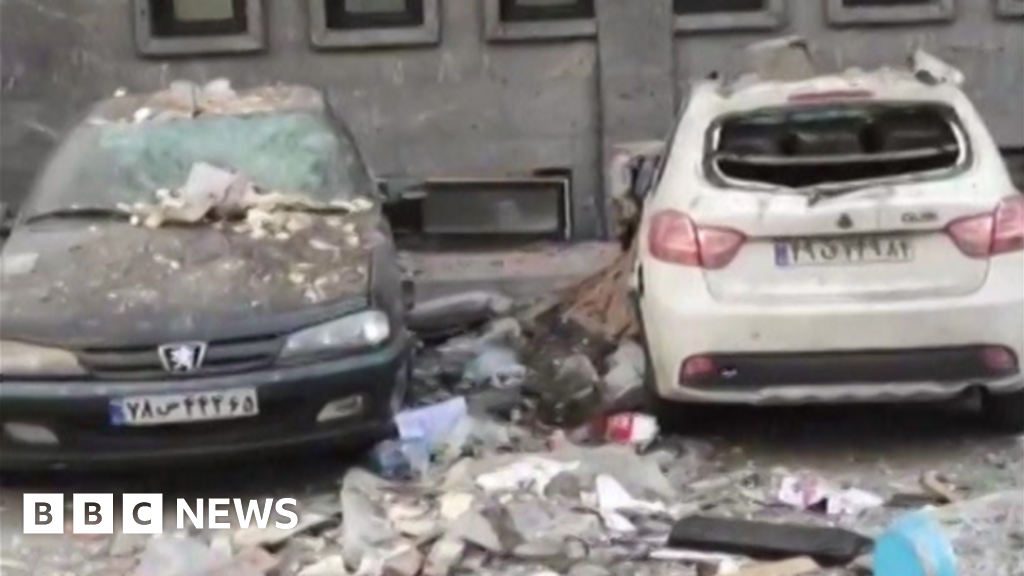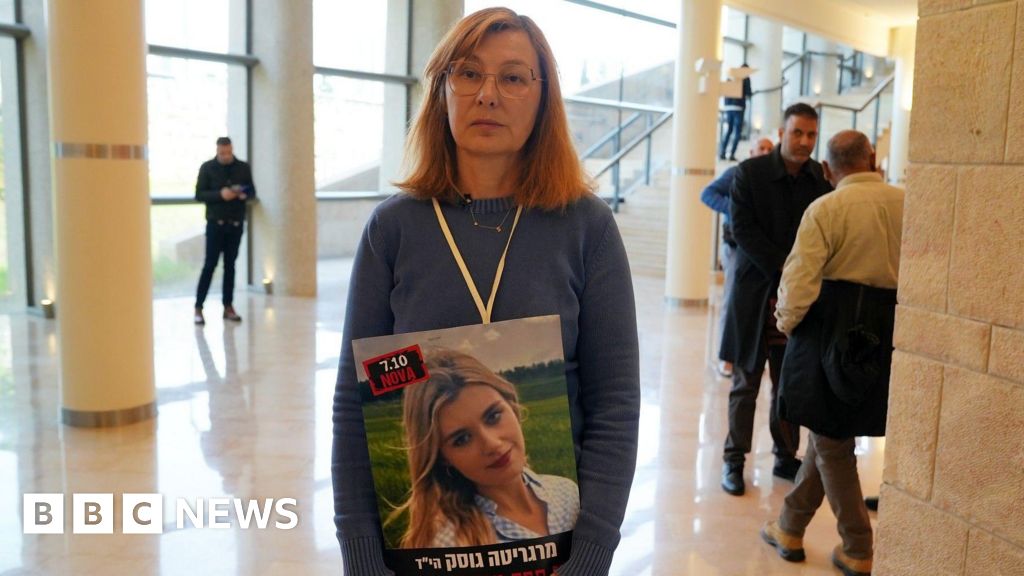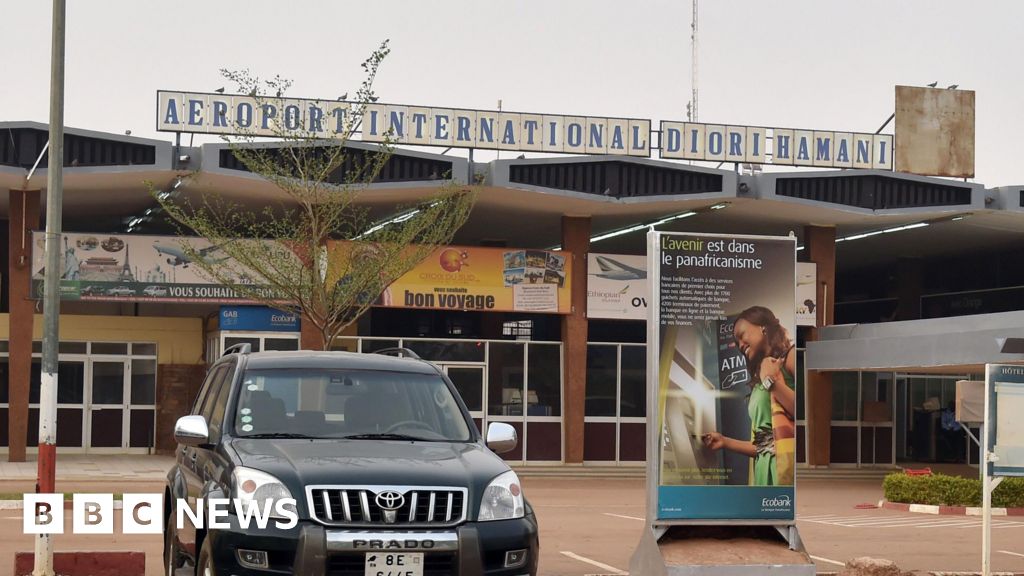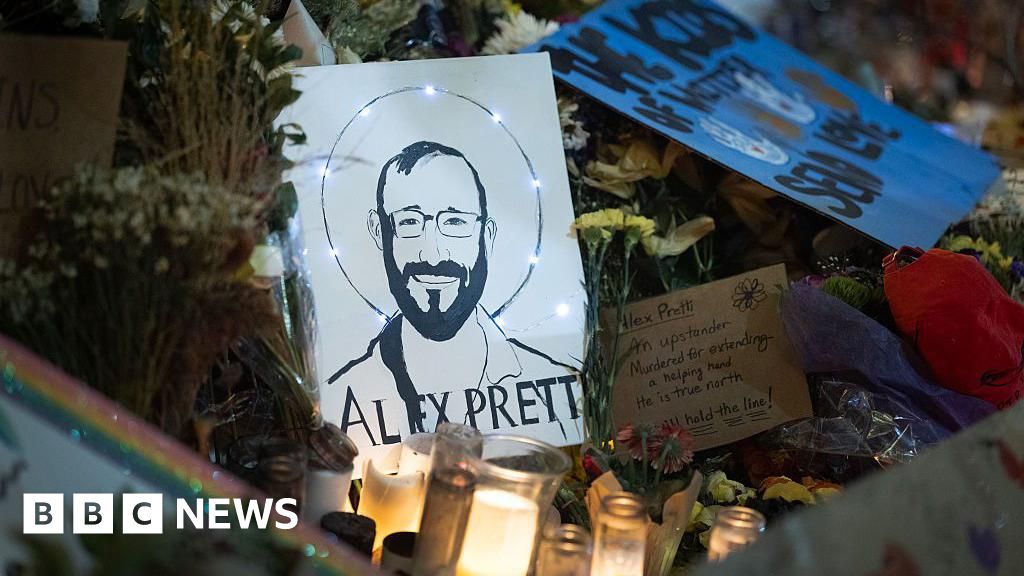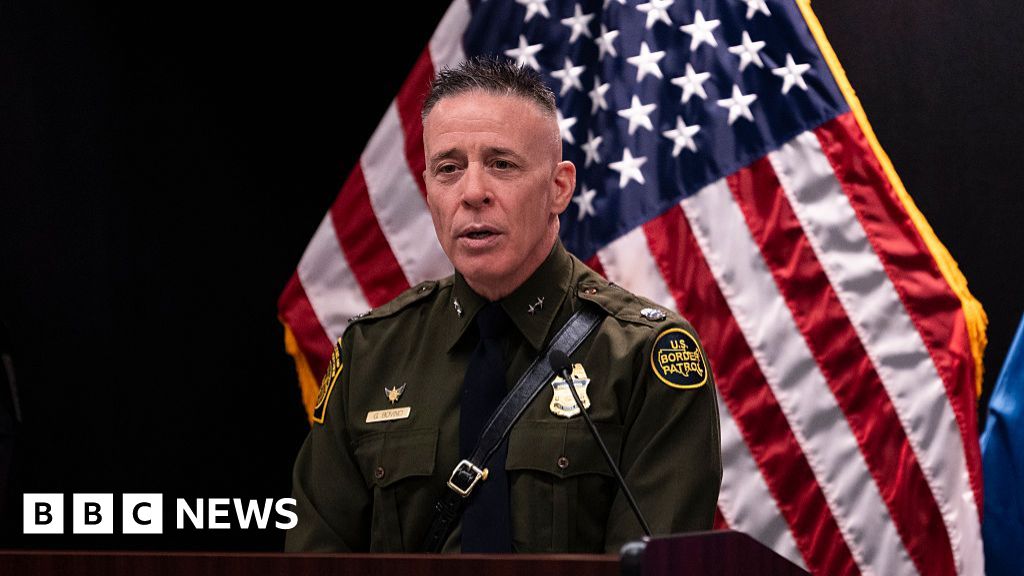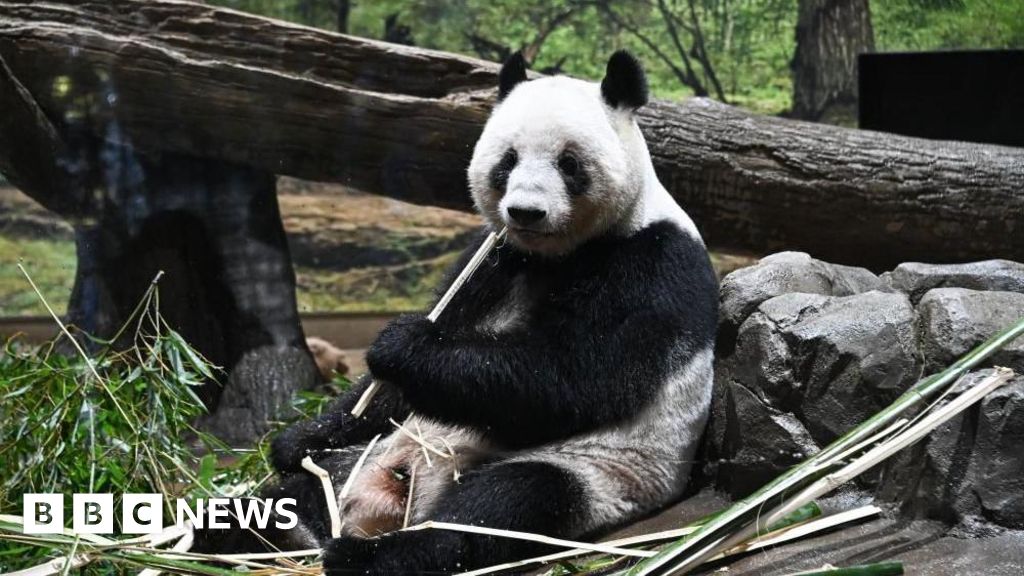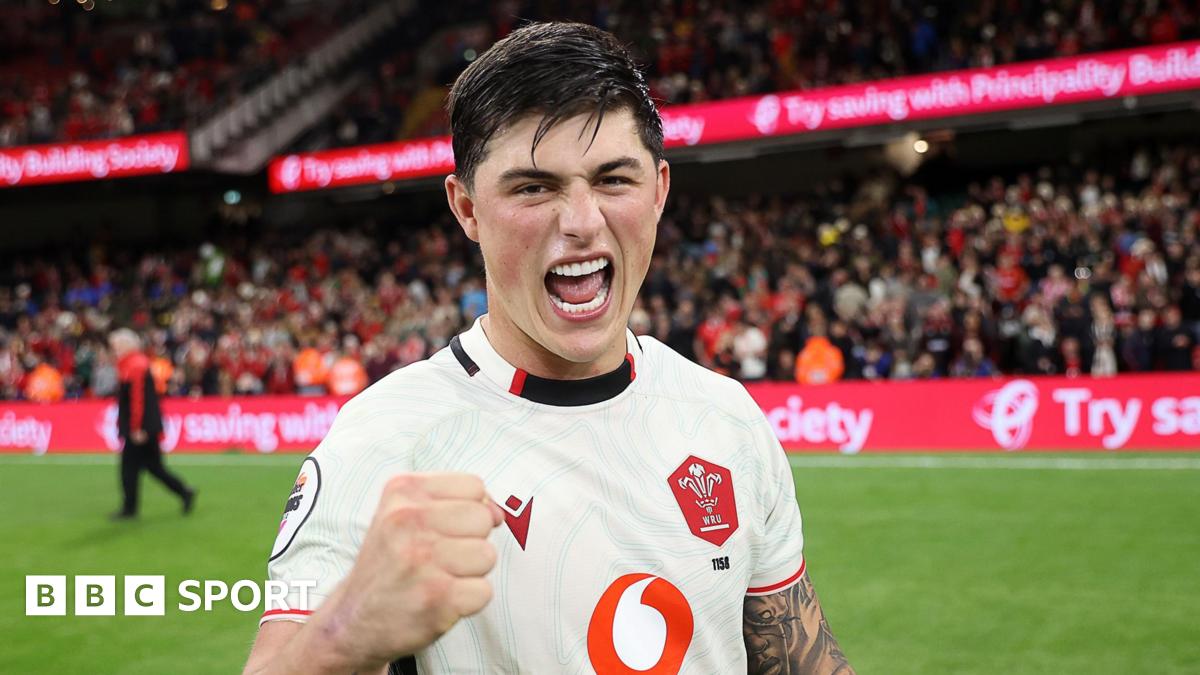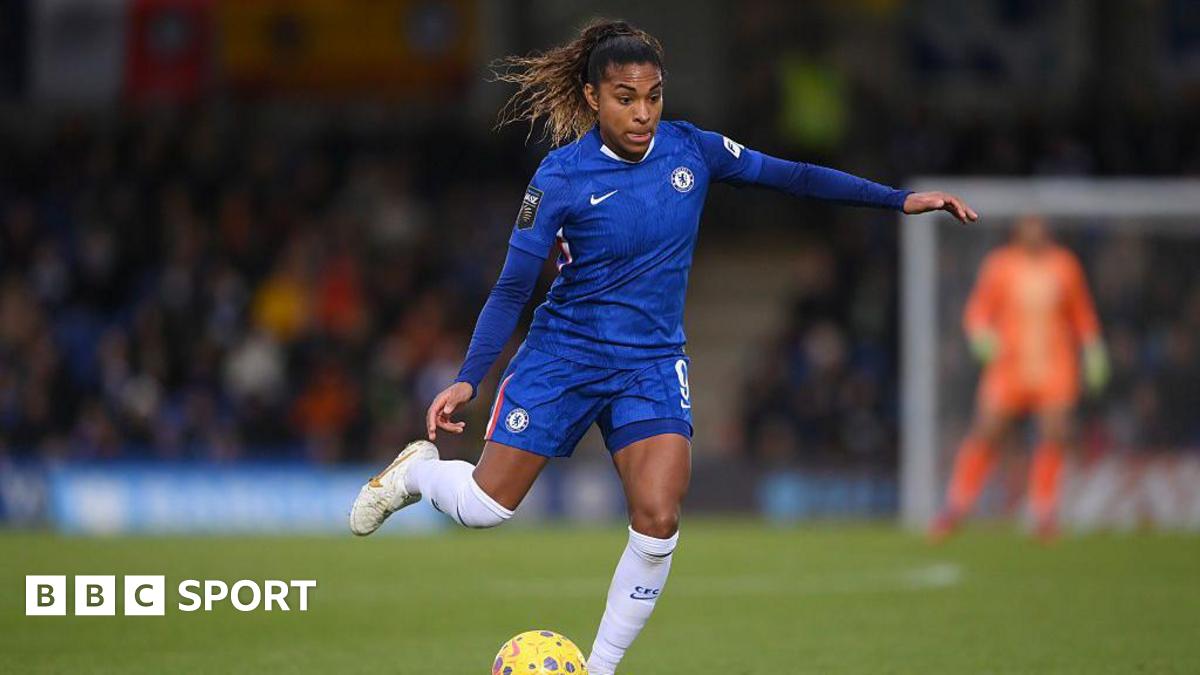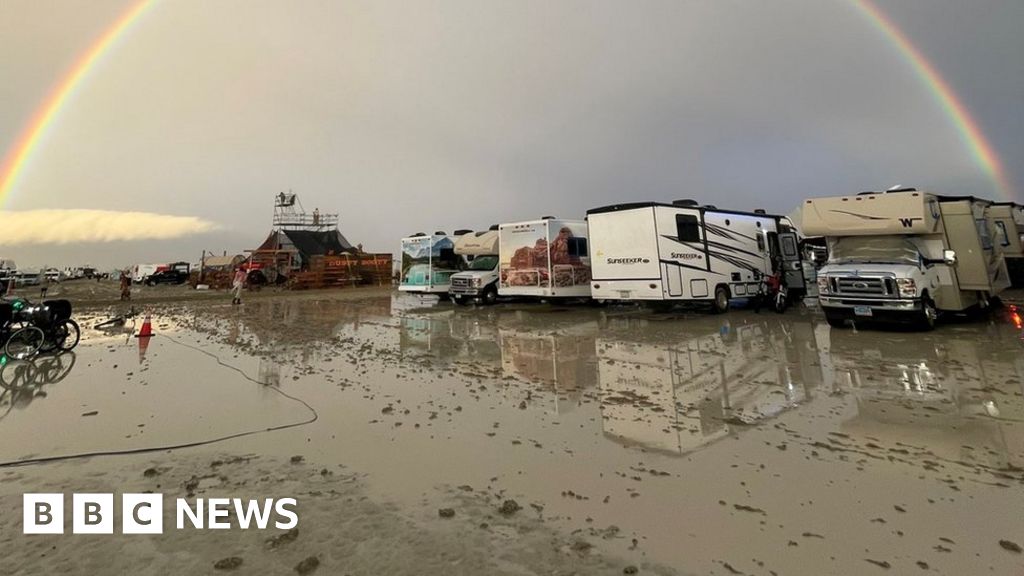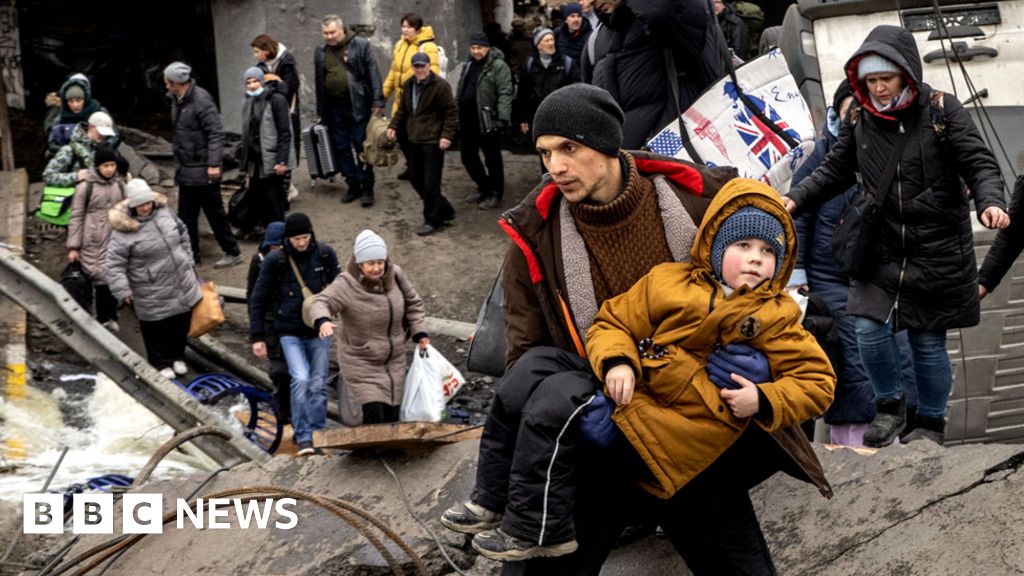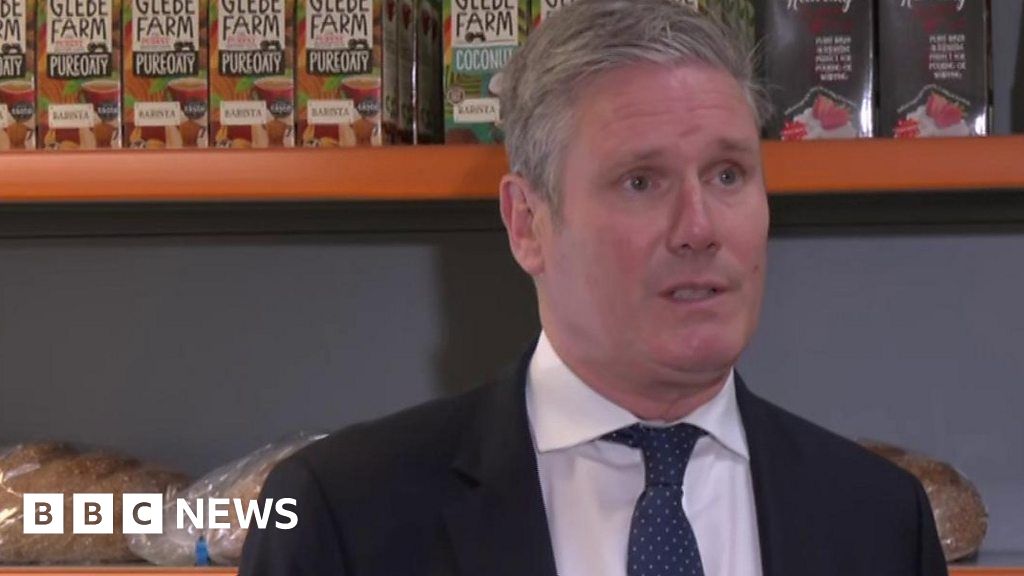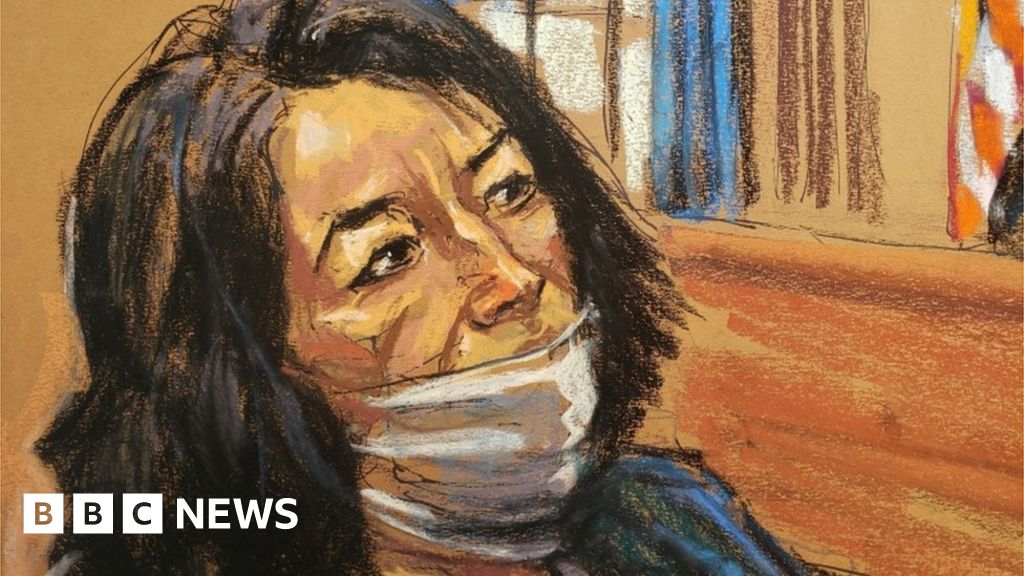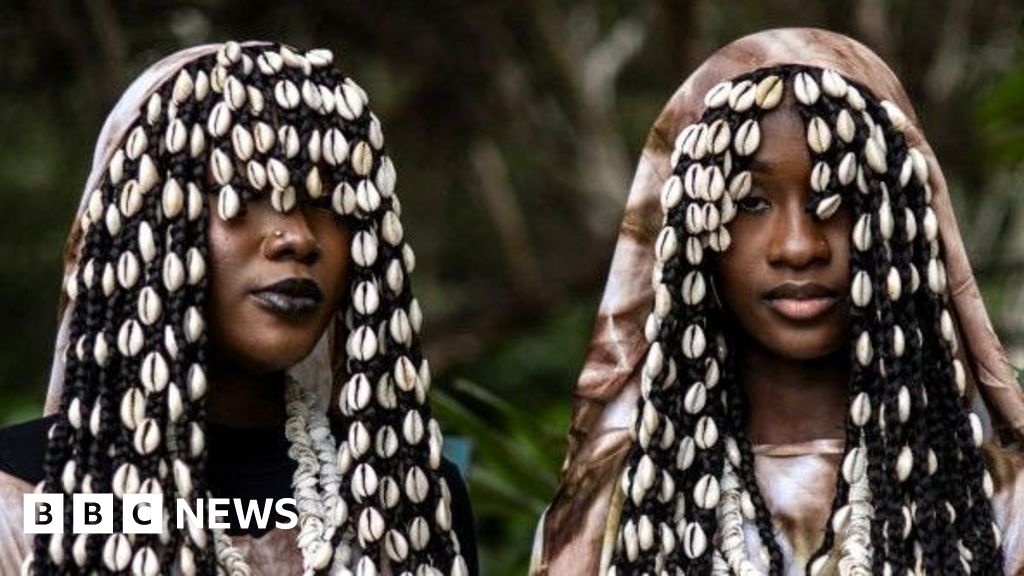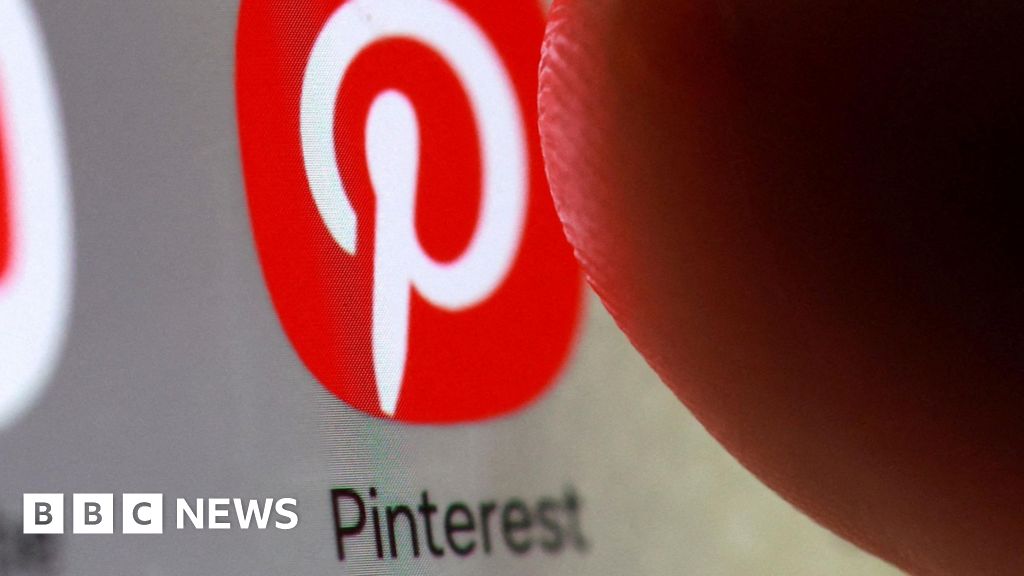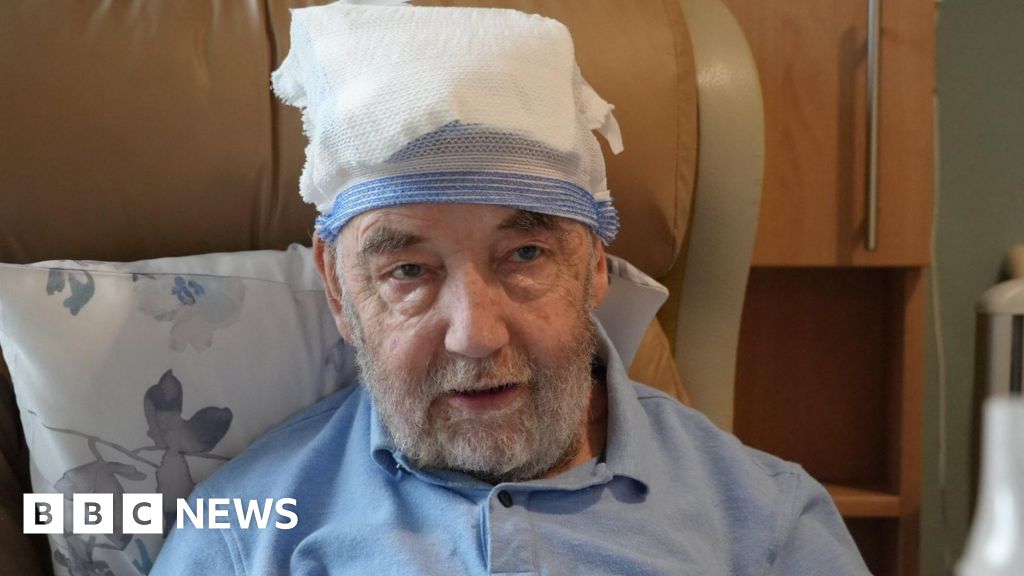Warren Gatland’s Wales suffered more World Cup semi-final heartbreak as Japan hosted the global tournament for the first time.
After losing by a point against New Zealand in 2011, Wales narrowly missed out to South Africa eight years later in Tokyo with more last four misery.
The Springboks went onto hammer England in the final in Tokyo to lift the trophy for the first time since 2007.
It will be remembered as the tournament at which Wales attack coach Rob Howley was sent home before the opening game because of betting breaches.
On the field, Wales wing Josh Adams finished as the tournament’s top try scorer with seven. BBC Wales Sport recalls the 2019 Rugby World Cup through the eyes of fly-half Dan Biggar.
Brilliant build-up
In February 2018 Wales lost against Ireland in Dublin and dropped to seventh in the world rankings.
Eighteen months, a 2019 Grand Slam and 15 wins in 16 matches later – including a record 14-match unbeaten run – Wales rose to the top of the rankings, with world champions New Zealand knocked off their perch for the first time in almost a decade.
Ireland would reach world number one by the time the 2019 tournament started but the Wales resurgence was evident.
“It was an awesome experience arriving in Japan, seeing what the country had to offer,” said Biggar.
“It was a settled team, not too many injuries which was pleasing apart from Gareth Anscombe who got injured against England in the build-up.
“We were fairly confident of going deep in the tournament and that’s what winning does for you.
“So it was quite a low key build-up really.”
Howley shock
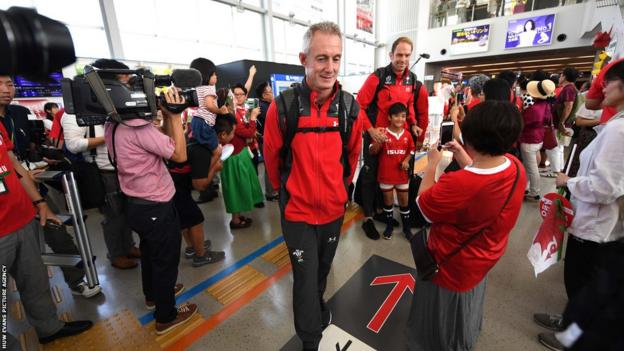
That was before the Howley bombshell that could have disrupted the preparations.
The attack coach was sent home from Japan after being accused of betting breaches, a revelation that stunned the sporting world.
Howley was an integral part of the Gatland coaching era but found himself replaced by Stephen Jones, who was due to take on the role after the tournament in Wayne Pivac’s coaching staff.
Wales had a crisis to control with Welsh Rugby Union chief executive Martyn Phillips, Gatland, Biggar and fellow senior player Jonathan Davies addressing Howley’s departure.
“It was hugely disappointing,” said Biggar.
“Everyone had lots of time for Rob and respect. We understood it was a difficult situation and was it an ideal build up? Probably not.
“We had to respect Rob’s privacy as well, it was a tough situation for him and nobody wanted that scenario.
“We had enough senior professionals in the team who could step up and Stephen Jones did a brilliant job by coming in for Rob.”
The issue was dealt with on one turbulent afternoon and all attention turned towards the opening match against Georgia in Toyota City.
Georgia stroll, victory over Australia
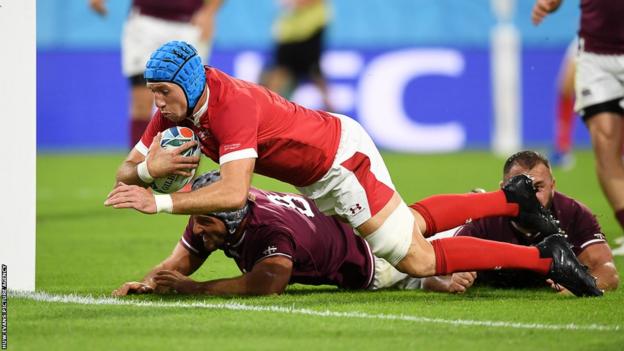
What followed was an almost perfect opening half of rugby, as tries from Jonathan Davies, Justin Tipuric, Adams and Liam Williams secured the bonus point before half-time.
The fluent first 40 minutes was followed by a scrappy second-half performance with replacement scrum-half Tomos Williams and George North adding tries in a 43-14 victory.
“As World Cup games go it was relatively routine for us,” said Biggar.
“It was one of those games where preparation wasn’t ideal but we rolled our sleeves up and got on with it.”
Attention turned towards the Wallabies as Wales overcame a resurgent Australia 29-25 in an enthralling encounter in Tokyo to secure one of their greatest World Cup victories.
In a breathless start to the match, Wales burst out of the blocks to lead 10-0 thanks to Hadleigh Parkes’ try and Biggar’s measured kicking including an early drop-goal.
Australia fought back with an Adam Ashley-Cooper try, but scrum-half Gareth Davies intercepted a pass from Will Genia and sprinted clear to give Wales a 23-8 half-time lead.
Tries from Dane Haylett-Petty and Michael Hooper along with Matt Toomua’s boot brought the Wallabies to within a point.
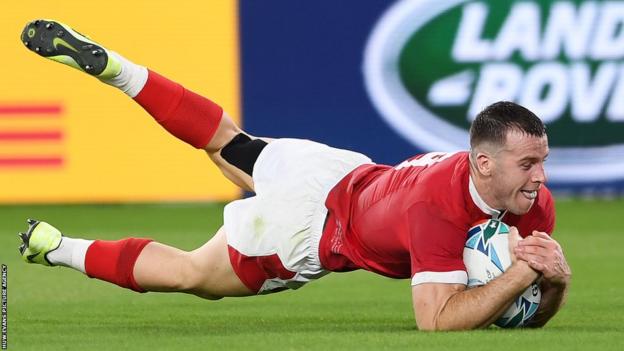
Replacement Rhys Patchell, who had come on for the injured Biggar, kicked his third penalty to restore Wales’ lead to four points and clinch victory.
“It was a brilliant game in terms of back and forth with two teams who played really good rugby,” said Biggar.
“We had almost the perfect half of rugby, playing attacking rugby and then rearguard action in the second half and holding on.
“Shaun Edwards came up to me before the game saying ‘a drop goal or two would be a good start for us’ and I dropped a goal from about 30 seconds after the kick-off.
“I remember a big moment in the game with Tomos Williams keeping the ball from touch spectacularly. If it had gone out, they would have been six or seven metres out from our line.”
Fiji brutality
Fiji posed the usual threat, but Adams scored a hat-trick of tries to guide Wales to the quarter-finals with a pulsating 29-17 victory in Oita.
There were five disallowed tries between both sides to demonstrate the captivating contest. Adams also had a tough defensive day with powerhouse wing Josua Tuisova scoring an incredible short-range try which yielded an early 10-0 Fiji lead.
Adams’ try scoring prowess and a late Liam Williams score resulted in a bonus-point win but came at a cost with injury concerns over Biggar and centre Jonathan Davies.
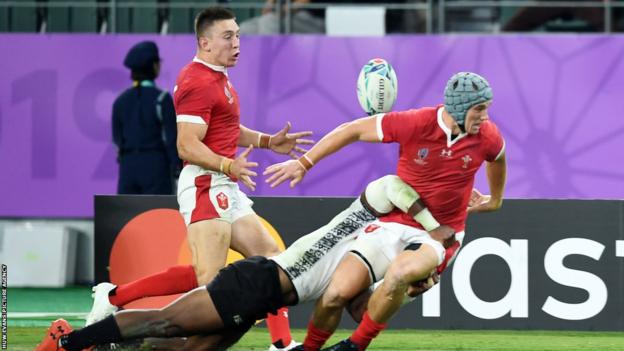
Biggar suffered a second head injury in successive games, while Davies picked up a knee problem in the act of setting up an Adams try.
“We said all week about starting well and taking the game away from them early,” said Biggar.
“After 10 minutes we were 10-0 down and had a yellow card, we were all under the posts a bit startled, like rabbits in headlights.
“We found our way back into the game, kept hold of the ball for long periods and were able to make it pay and get the job done.
“Foxy had a nasty one [injury] which ruled him out of the quarter-finals and probably wasn’t 100% fit for that semi-final then.
“The two toughest games I’ve played are probably Fiji 2015 and 2019 in the World Cups.
“It was a relief to get the job done and know we were going to top the group as long as we didn’t mess up against Uruguay.”
Wales didn’t do that as they picked up a scrappy 35-13 win after Gatland made 13 changes to the side.
Wales only led 7-6 through a Nicky Smith try but Adams and replacements Tomos Williams and Gareth Davies sealed the bonus-point victory as Wales topped Pool D to set up a quarter-final against France in Oita.
Second best but good enough
Influential centre Davies was named in the initial starting side but withdrew before kick-off, replaced by Owen Watkin.
Wales again proved slow starters as Sebastien Vahaamahina, Charles Ollivon, and Virimi Vakatawa scored France tries in a relentless first-half display.
Les Bleus led 19-10 at the interval with Wales flanker Aaron Wainwright responding with an opportunist try.
But France lock Vahaamahina was sent off after 48 minutes for a blatant elbow on Wainwright in a decisive moment as Wales scored 10 unanswered points to claim victory.
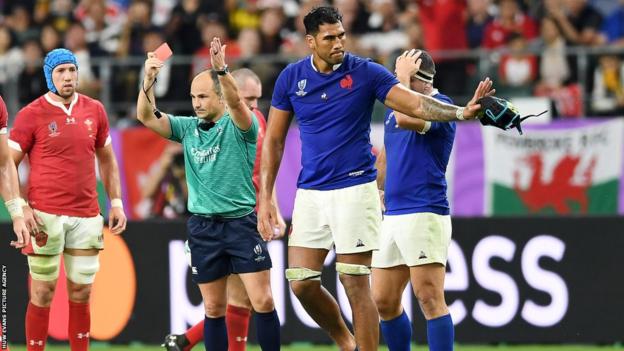
Ross Moriarty scored the decisive try with the ball adjudged not to have gone forward in the build-up from a rip by replacement scrum-half Williams.
Wales were relieved after producing a disjointed performance but again resilience and character took them to victory in a game in which they trailed from the fifth minute to the 74th.
“We had a bit of over-confidence and probably thought we could rock up and just do enough to win, but they played good rugby,” said Biggar.
“Even though we were comfortably second best for most of the game, we never let France get too far ahead and pinched it at the end. We probably got away with one.
“France were probably the better side but World Cup rugby is about who’s got more points on the scoreboard.”
Next it was South Africa. The Springboks had knocked Wales out of the 2015 tournament at the quarter-final stage and would prove to be Gatland’s nemesis again as Rassie Erasmus’s side celebrated victory.
Wales missed out on a first World Cup final in gut-wrenching fashion as Handre Pollard’s 76th-minute penalty snatched a 19-16 victory for South Africa in a gripping semi-final.
The first half was a war of attrition, three Pollard penalties giving the Springboks a 9-6 lead as they sought to overpower Wales up front and kick them into submission.
Biggar dragged Wales level with a penalty early in the second half, but Damian de Allende burst through the Welsh defensive line to put South Africa 16-9 ahead.
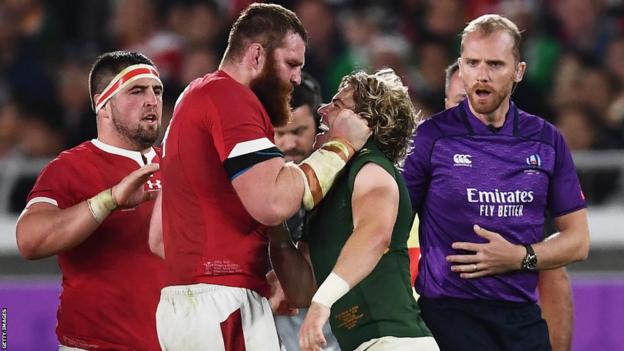
Wales sensed they had to go for broke with Adams diving over for a converted try that levelled the scores at 16-16.
That set up a captivating final 10 minutes in which Wales drove forward in desperate search of the score but were denied by Pollard’s penalty.
“It was one of the worst feelings I’ve had on a rugby field, we were so close and to lose it in the way we did was heart-breaking,” said Biggar.
“A lot of people slated the game and tactics, but if we’d have been the ones kicking that penalty and winning the game, everyone would have said how brilliantly it worked.
“The changing room afterwards was horrific. We had a couple of days off and boys scampered off round Tokyo with family and friends, getting away from things.
“They didn’t want anything to do with rugby, almost didn’t want to be around the team because it was a reminder of how close we came and how disappointing it was.”
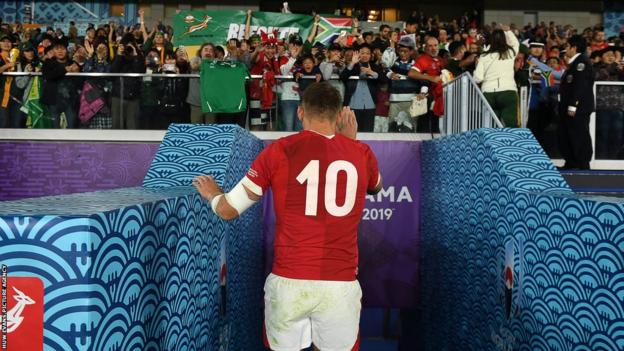
Wales had lost key players Liam Williams and Josh Navidi to injury before the match while North and Tomas Francis were forced off during the Springboks defeat.
Wales were not finished though, with a bronze medal match against Steve Hansen’s New Zealand to play. Gatland’s side were almost down to the bare bones and suffered a 40-17 defeat against the All Blacks in Tokyo.
At least Adams grabbed another score as he ensured he finished as the tournament’s top try scorer with seven.
For Wales, it was a second fourth-place finish to emulate the result of 2011, with 1987’s third spot remaining Wales’ highest tournament position.
The New Zealand game was also meant to represent Gatland’s last game in charge but he has returned this year to lead Wales into a fourth World Cup.
“I don’t think many people would have predicted Gatland returning when we were sitting in the changing room after that third-fourth play-off,” said Biggar.
“Let’s hope we can go on a similar run as we did four years ago and replicate some of those performances in France.”
